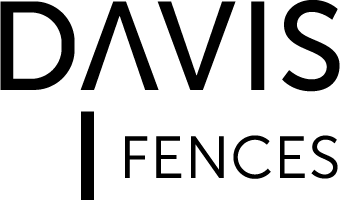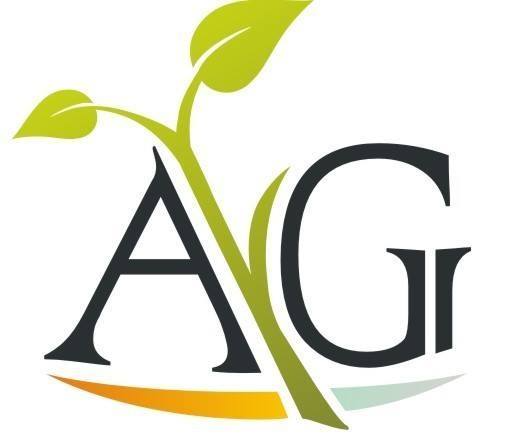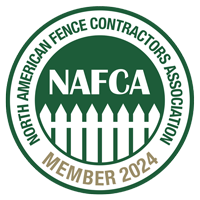Signs You Need a New Fence
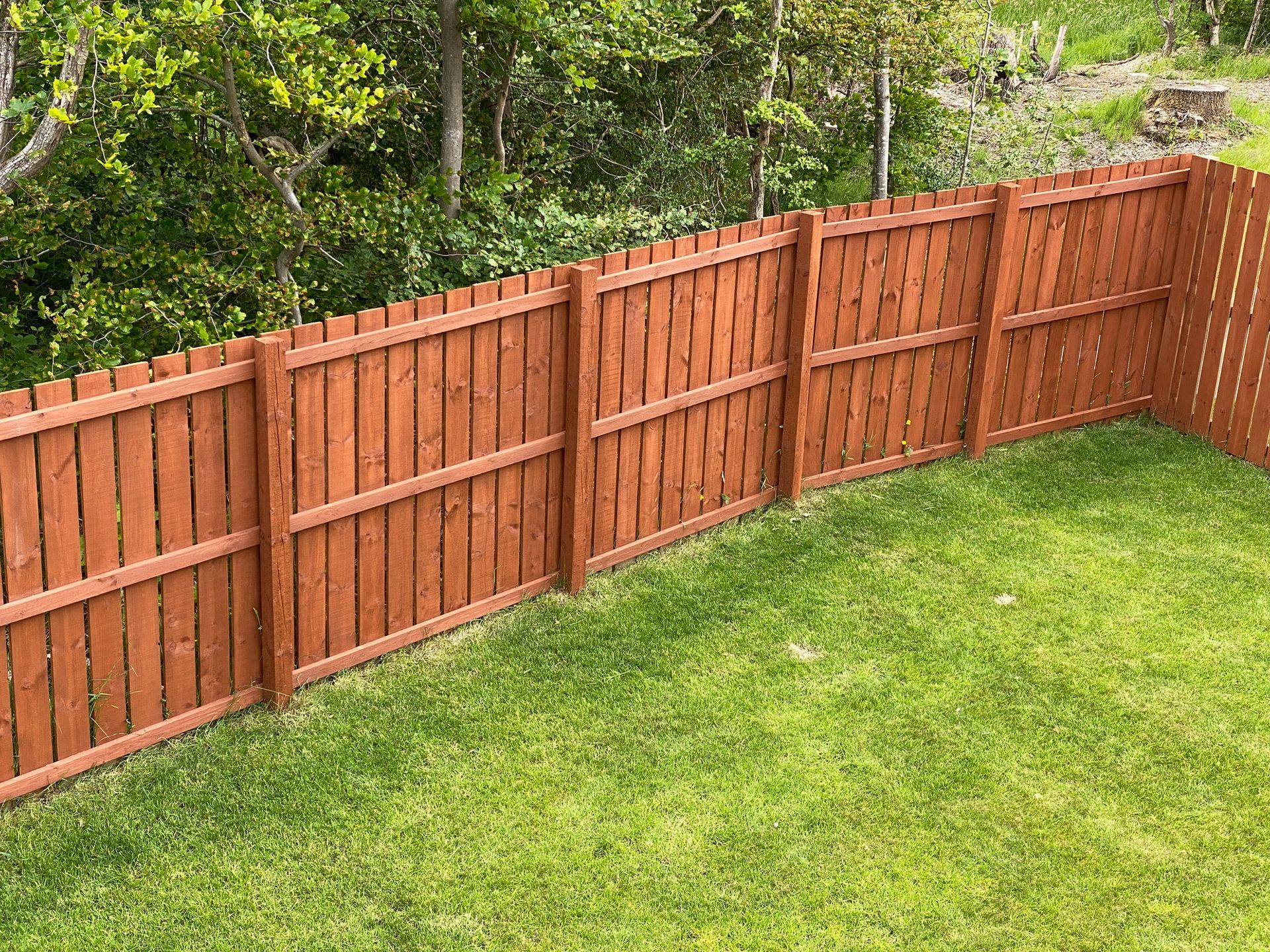
As your home's first line of defense, your fence plays a crucial role in both security and aesthetics. Over time, however, it can deteriorate, exhibiting clear signs that replacement is needed. One of the most obvious indicators is visible damage. This can include broken boards, rust on metal fences, or extensive termite damage in wooden fences. Another sign is leaning or instability, which not only looks unsightly but also poses a safety risk.
Additionally, if your fence no longer provides privacy or security, or if its maintenance becomes too frequent and costly, considering a new fence might be the best course of action. Regular assessment of your fence's condition can help you identify these signs early, ensuring that your property remains secure and visually appealing.
Choosing the Right Fence for Your Home
When the time comes to replace your fence, making the right choice is crucial for both your property's functionality and aesthetic appeal. Materials play a significant role in this decision. Wood offers a classic look and flexibility in design but requires regular maintenance. Metal fences, such as aluminum or steel, provide durability and security with minimal upkeep.
Vinyl fencing is another option, known for its resistance to weather and low maintenance needs, while offering a variety of styles and colors. Consider your home's architectural style, your personal preferences, and the level of privacy and security you desire when selecting a new fence. Consulting with a professional can also help you weigh the pros and cons of each material and design, ensuring that your new fence meets your needs and enhances your home for years to come.
Understanding the Cost Factors
The cost of a new fence is influenced by various factors, including materials, size, and installation complexities. Wood, while aesthetically pleasing, can be more expensive due to the need for treatment and maintenance to prevent decay and termite damage. Metal fences, though initially higher in cost, may offer savings over time because of their durability and low maintenance requirements.
Vinyl, although cost-effective in the long run, requires a higher upfront investment. The size of your property and the length of the fence play a significant role in the overall cost, as does the terrain. Uneven land or obstacles such as rocks and trees can increase installation challenges and expenses. Finally, labor costs can vary significantly, so it's essential to get multiple quotes from contractors to ensure you're getting the best value for your investment.
By understanding these factors, you can make an informed decision that balances quality, aesthetics, and budget. When you have a free consultation with the Davis Fences team, they will help you decide on the best material for your fencing budget.
Call Davis Fences in Hamilton at 905-643-9933 for a new fence or a repair!
